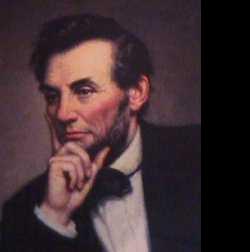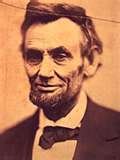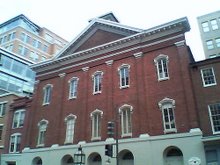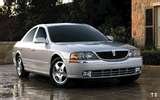
Eloquence is made perfect by time, but so is folly. Take a look at the following quotes and see if time hasn’t added a certain irony to all of them:
"They couldn't hit an elephant at this distance"- Union General John Sedgwick spoke these words just moments before being shot dead by a confederate sniper at Spotsylvania.
Uh-oh. Just when you think it’s safe to brag. Now Lincoln would never have made a statement like this. Though he took risks, coming under sniper fire at least once at a fort in Washington, he knew his tall frame was an easy target and usually kept silent about the abilities of the enemy to shoot straight.
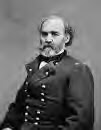
"Why not bury the dead in Lee’s backyard?" - Gen. Montgomery Meigs made this statement in a last spiteful effort to keep the Lees from returning to Arlington. His goal was to populate Mrs. Lee’s rose garden with the bodies of Union soldiers, making the grounds unlivable. What made him think that by burying corpses, he wasn’t helping out with the rose garden?
Lincoln would never have made this statement because he understood the ways of botany. Meigs himself supervised the burial of 26 Union soldiers in Mrs. Lee's rose garden. In October of 1864, Meigs' own son was killed in the war, and he too was buried at Arlington.

"That old man had my division massacred at Gettysburg." -George Pickett said these words about Robert E. Lee to John S. Mosby shortly after paying Lee a visit in Richmond. Perhaps the best answer to this was Mosby’s – "Well, it made you famous."
Lee was distraught over the failure of Pickett’s charge and blamed himself. Pickett’s effort to pass along more blame somehow doesn’t sit well. Lincoln would never have said this quote about his top general, because for a great part of the time his top general was George McClellan, who never had anybody massacred. In fact, when McClellan excused his lack of action in the fall of 1862 due to tired horses, Lincoln contributed his own infamous quote:
"Will you pardon me for asking what the horses of your army have done since the battle of Antietam that fatigues anything?"
McClellan was removed from command shortly thereafter.
